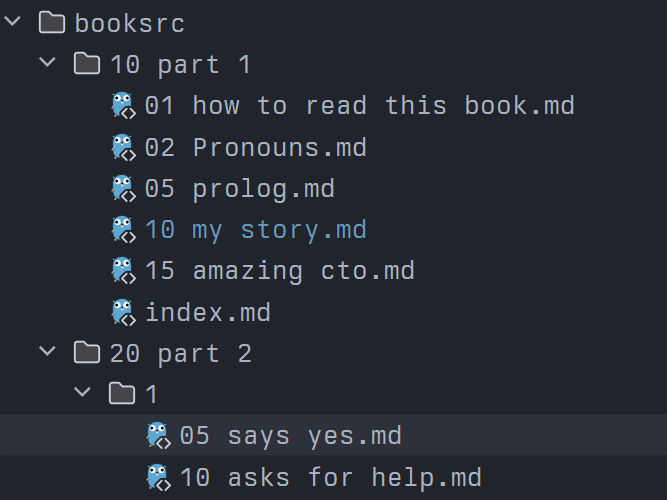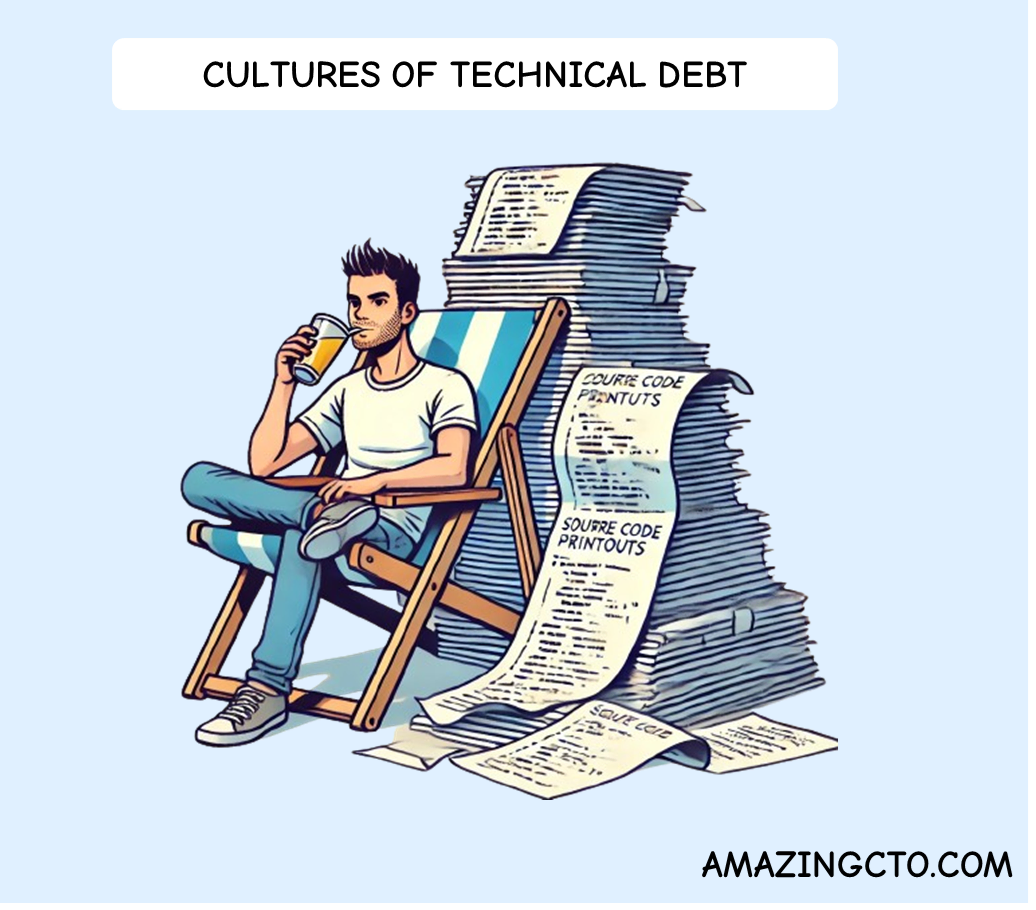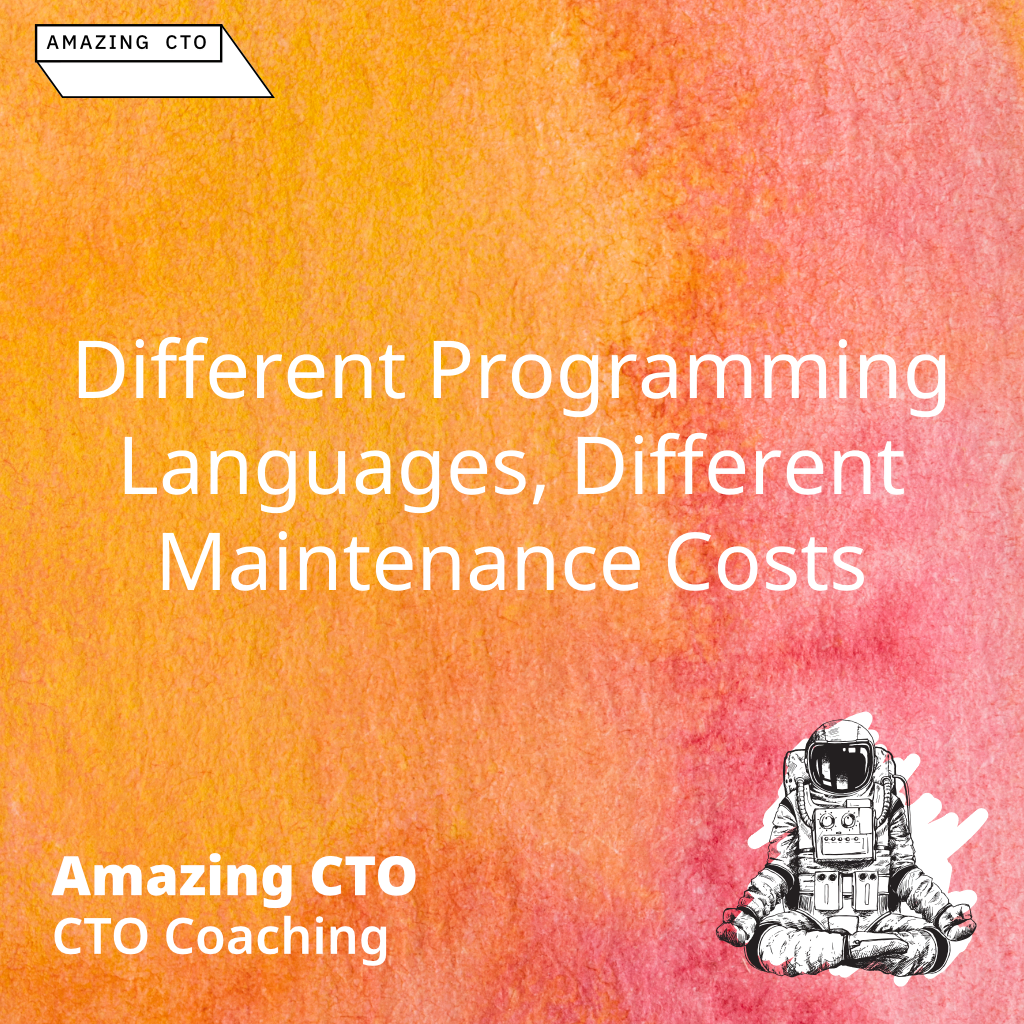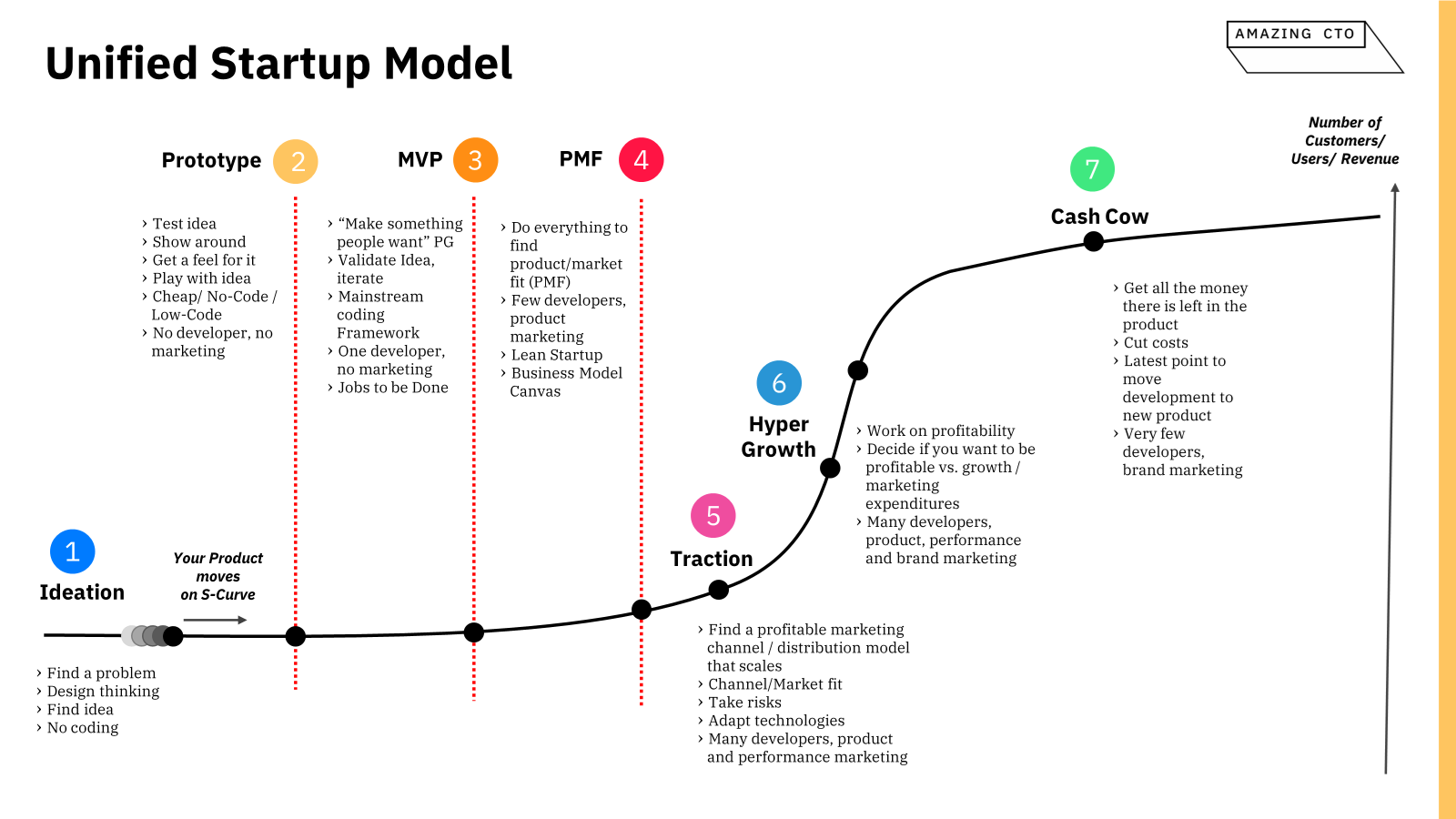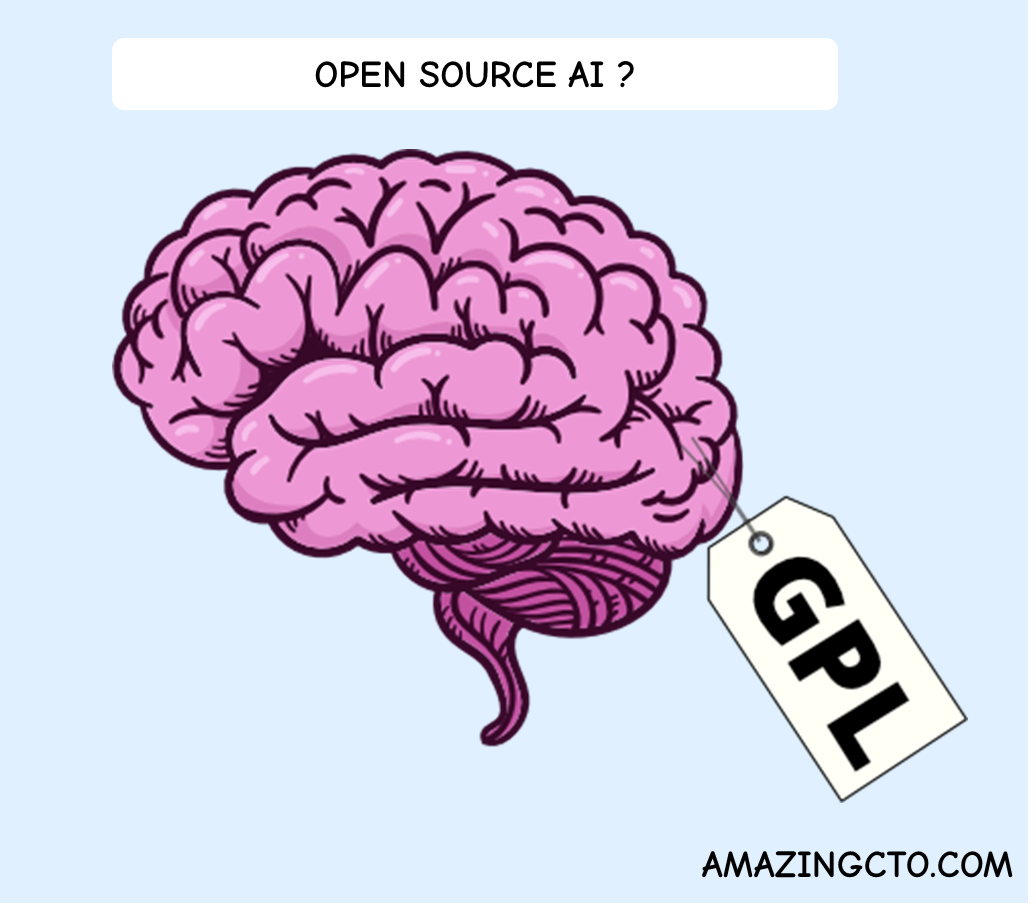
Stephan Schmidt
Learn from Success Not From Failure
Break our culture of focusing on failure
Failure is hyped. Everyone shares their failures. Articles are written. Like this one on HBR, “Strategies for Learning from Failure”. Meetups are organized. And listening to failures is entertaining, I get it. I’ve been part of F*up startup stand-ups my own—and I made many mistakes in my career to talk about. But while it is entertaining, it is seldom useful to listeners.
Let me explain. Isn’t it useful to listen to other companies’ failure to not make the same mistakes? Yes. But other companies failures are like someone telling you about a regular traffic jam. “If I drive from A to B, there is always a traffic jam in C.” Which is important for people going from A to B, but not important for anyone else. If you never go through C, and most people will never go through C, then it’s not important that there is a traffic jam, and you should not go through C at that point of time.
Failures are often very specific to the combination of circumstances. A lot of specific things need to come together for a failure. And the circumstances are often in this way specific to the company. There are some failure stories, like spending $$$ on marketing before you have product market fit, and the money just evaporates. But there is no true learning in this, because, with some thinking, it was clear this would fail. The learning is not, “ah I didn’t know” but the learning here is to think more before you do something (yeah, move fast and break things).
What about your own company failures? What to do with a failure that happened to you? Always the same. Don’t blame people, it prevents learning and change. Steps after failure:
- Blameless learning as the basic frame
- Analyze the failure
- What happened exactly
- What did you learn that you didn’t know before the failure?
- Change on all levels (technology, training, processes, culture, values)
- Don’t make the same mistake again
This prevents this exact (if you change on more levels, it will prevent more classes of failures) failure in the future. Which is a good thing, because failures cost money and time. But learning from this failure does not help you with success.
On the contrary, if I tell you how I have successfully baked a cake, you can bake a cake. Replicating success is easier than deducting success from other peoples failure. If I tell you what I’ve learned not to do when baking a cake (don’t use yeast!) it doesn’t tell you anything about baking a cake. You still can’t bake a cake. Replicating something is always much easier. Replicating success is easier.
I prefer reading on how Instagram and Pinterest successfully scaled their tech operations, instead of reading from all the startups that failed (though there is value in a meta-analysis of postmortems). I do what they did and with a high probability will not fail (tech wise at least - my product might still fail).
There are few ways to success, many ways to failure. Excluding one way is not helping enough.
Successes are often more general. Failures are often more specific. Which ties in to my crisis model. A crisis happens when more than one thing fails. Your database crashes. No problem. Your fail-over doesn’t work at the same time? Crisis. Reading through hundreds of postmortems, a crisis happens if more than one thing fails at the same time. Very specific. Success is global (even the luck in success), failure is individual.
What about fail-fast? Don’t I learn from failure here on a road to success? Learning from failure is different from fail-fast. Fail-fast does involve failure and learning from it. And while looking at your past random failures is not helpful for success, fail fast is. Fail fast prevents you from spending a large amount of money on things that don’t work. Find the one thing about what you are doing that needs to be true to be successful. What is the core assumption of your (tech) strategy? What is the hypothesis it is based on? Try to fail fast on that hypothesis, and you can change course and spend time and money on something else; something that might work, instead of spending money and finding out months too late, that it could never work.
Sometimes people ask me, how they can be more successful. My advice: Do more of the things that made you successful in the past. Play to your strengths, don’t focus on failure.
